If you agree and want to know more, sign up to Mark Khurana's Phd defense on 21 November at Mærsk Tower at University of Copenhagen
Details 👇
healthsciences.ku.dk/phd/calendar...
🎉 @markkhurana.bsky.social
#Science #pandemic
If you agree and want to know more, sign up to Mark Khurana's Phd defense on 21 November at Mærsk Tower at University of Copenhagen
Details 👇
healthsciences.ku.dk/phd/calendar...
🎉 @markkhurana.bsky.social
#Science #pandemic
Including this important chart on the impact of pre-registration.
Magically, when people had to pre-register outcomes, many of the benefits disappeared.
ourworldindata.org/randomized-c...

Including this important chart on the impact of pre-registration.
Magically, when people had to pre-register outcomes, many of the benefits disappeared.
ourworldindata.org/randomized-c...
AI may deskill colonoscopists when used constantly 🛠️
Engineered yeast now feeds honeybees the sterols they need to thrive 🐝
All in this week's edition of HealthByte!
open.substack.com/pub/byteofhe...

AI may deskill colonoscopists when used constantly 🛠️
Engineered yeast now feeds honeybees the sterols they need to thrive 🐝
All in this week's edition of HealthByte!
open.substack.com/pub/byteofhe...
The brain can trigger immunity from just seeing infection, AI predicts ICU crises hours in advance, and lithium deficiency emerges as a possible Alzheimer’s trigger 🤔
Link to the newsletter here:
byteofhealth.substack.com/p/healthbyte...
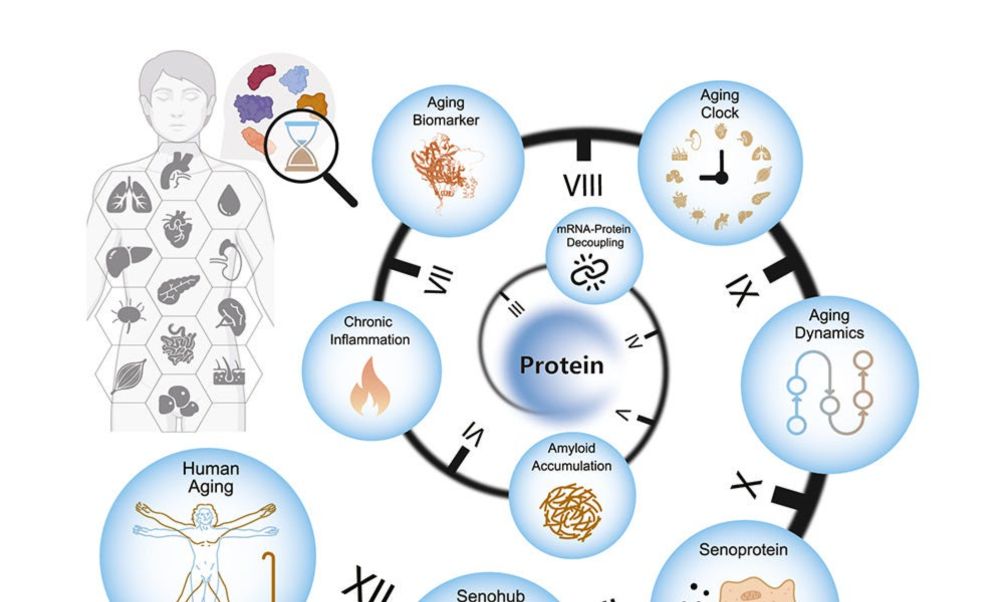
The brain can trigger immunity from just seeing infection, AI predicts ICU crises hours in advance, and lithium deficiency emerges as a possible Alzheimer’s trigger 🤔
Link to the newsletter here:
byteofhealth.substack.com/p/healthbyte...
Oral contraceptives show no clear liver cancer risk, neurons fuel cancer spread by donating mitochondria, and sea slugs use stolen chloroplasts for photosynthesis and nutrition.
open.substack.com/pub/byteofhe...
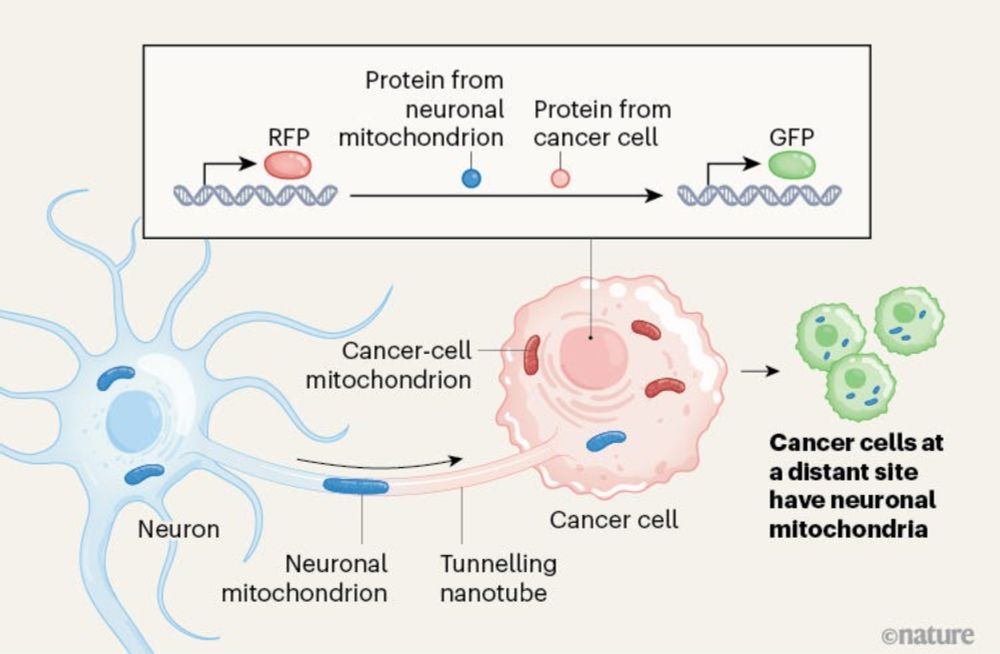
Oral contraceptives show no clear liver cancer risk, neurons fuel cancer spread by donating mitochondria, and sea slugs use stolen chloroplasts for photosynthesis and nutrition.
open.substack.com/pub/byteofhe...
What is going on, and why researcher will - as always - fall for it?
A 🧵
the-strain-on-scientific-publishing.github.io/website/post...
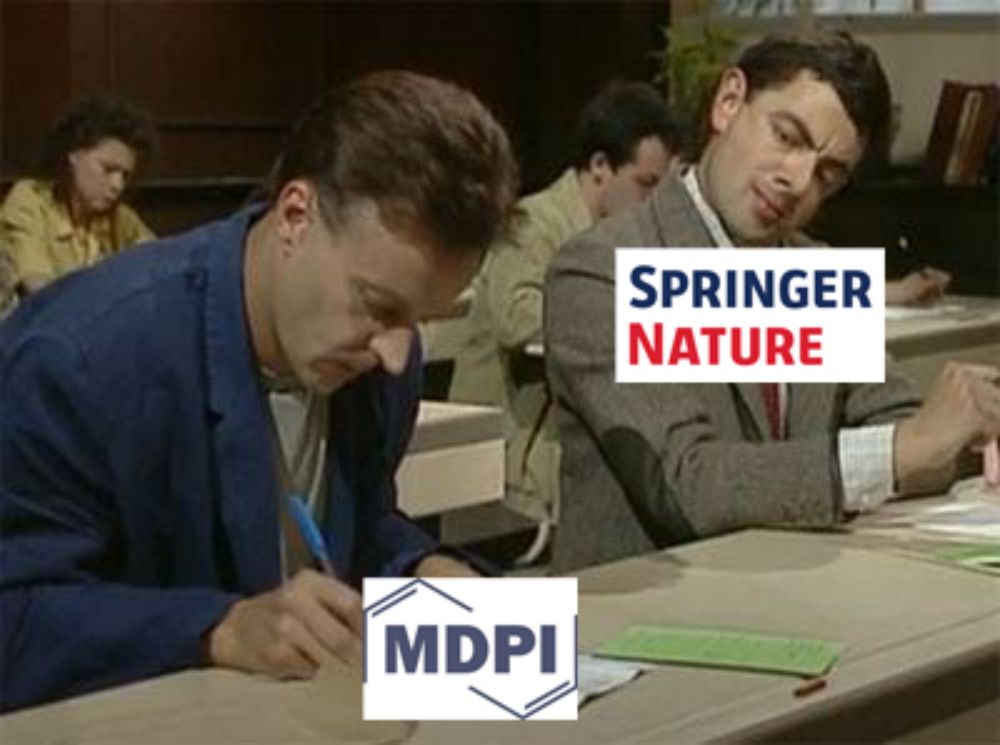
#Science #substack
@ucph.bsky.social
byteofhealth.substack.com/p/healthbyte...
#Science #substack
@ucph.bsky.social
byteofhealth.substack.com/p/healthbyte...
Highly recommend reading.
www.nytimes.com/2025/04/19/o...

Highly recommend reading.
www.nytimes.com/2025/04/19/o...
SARS-CoV-2 arrived in Wuhan too quickly for bat hosts to have carried it there.
cell.com/cell/fulltex...
gla.ac.uk/research/az/...
@davidlrobertson.bsky.social
@spyroslytras.bsky.social
@bljog.bsky.social
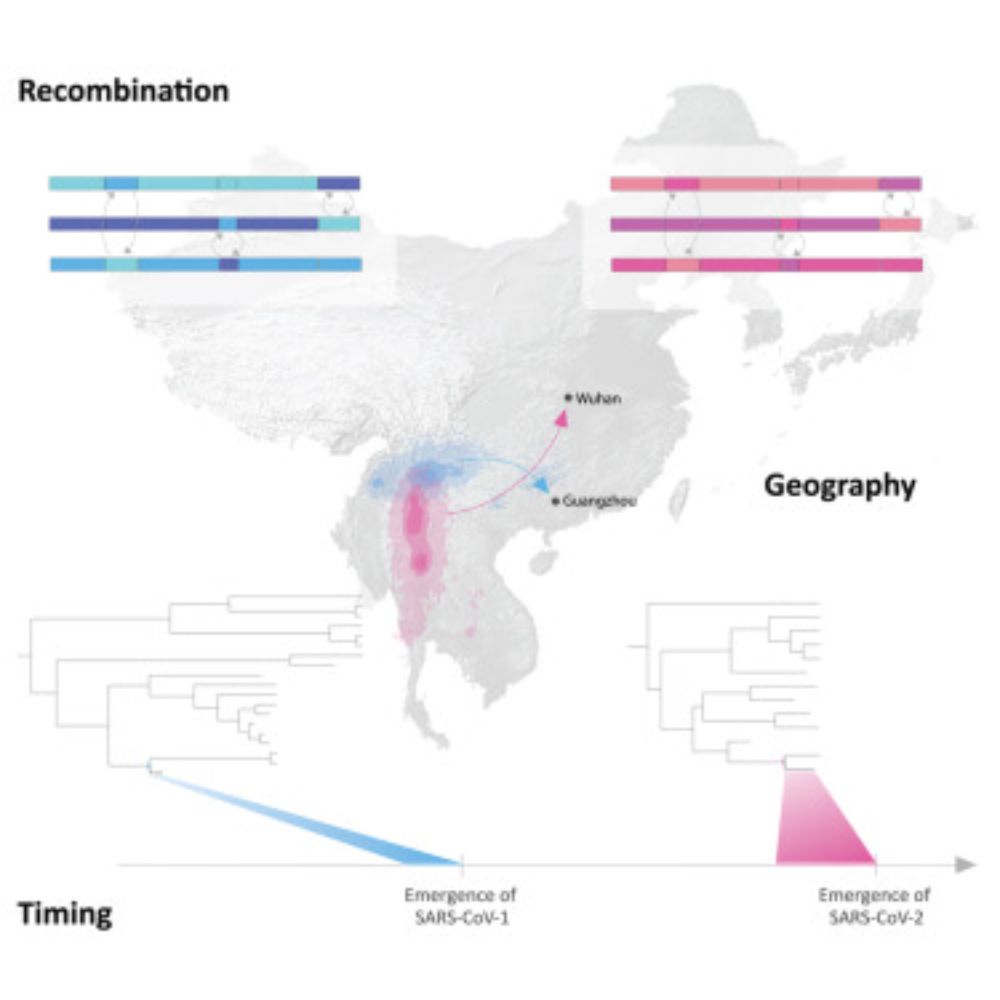
SARS-CoV-2 arrived in Wuhan too quickly for bat hosts to have carried it there.
cell.com/cell/fulltex...
gla.ac.uk/research/az/...
@davidlrobertson.bsky.social
@spyroslytras.bsky.social
@bljog.bsky.social
One year ago, we launched A Byte of Health! Since then, our team has published 27 newsletters with over 3,400 reads 🥳
If you’re interested in concise summaries of the latest breakthroughs in health and medicine, check out the newsletter: byteofhealth.substack.com
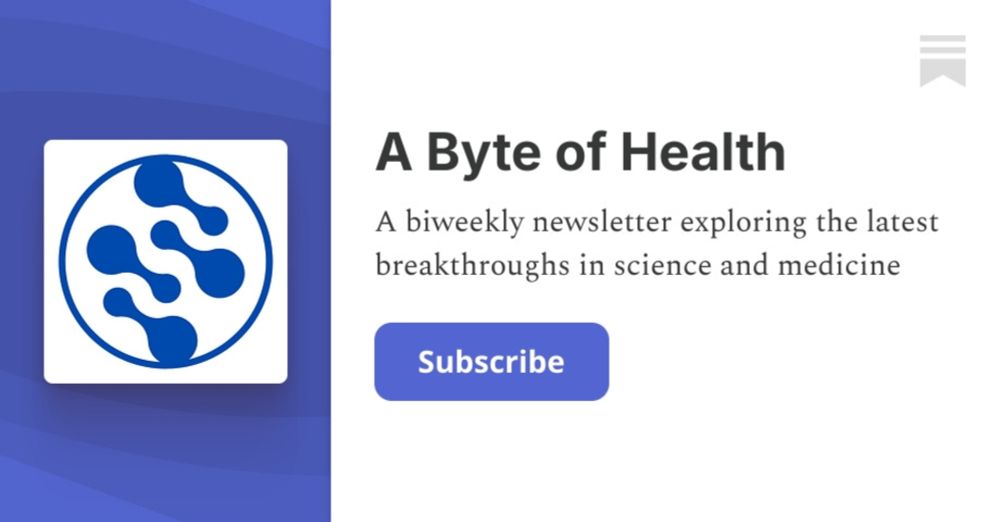
One year ago, we launched A Byte of Health! Since then, our team has published 27 newsletters with over 3,400 reads 🥳
If you’re interested in concise summaries of the latest breakthroughs in health and medicine, check out the newsletter: byteofhealth.substack.com
Copenhagen is amazing, salary is good, we have plenty of funding, and a great community.
Read more..: candidate.hr-manager.net/ApplicationI...
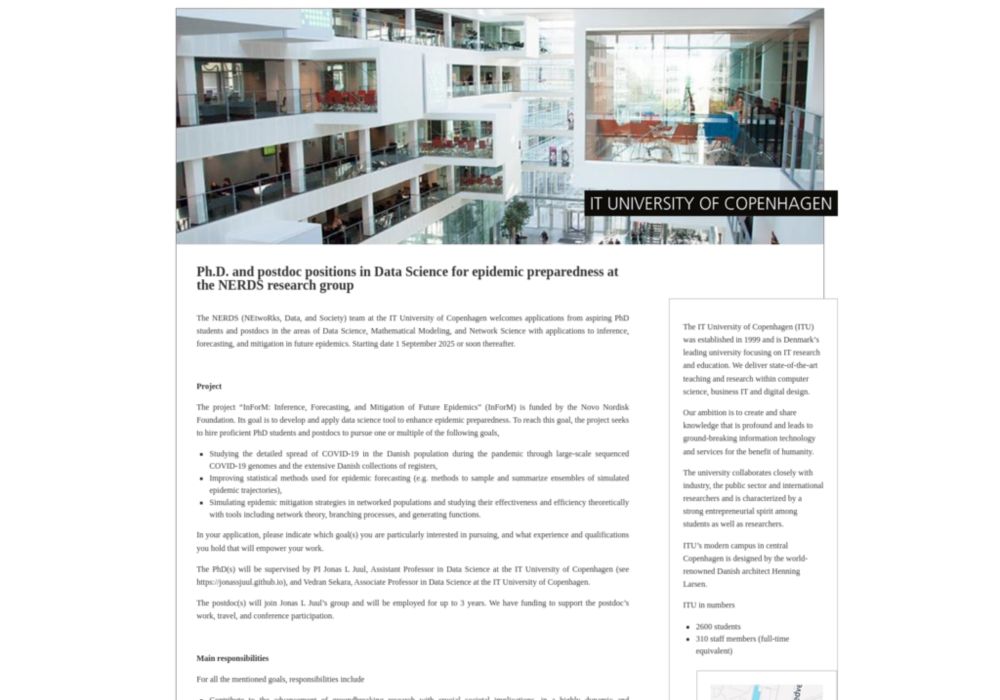
Copenhagen is amazing, salary is good, we have plenty of funding, and a great community.
Read more..: candidate.hr-manager.net/ApplicationI...
1. Western diets during pregnancy linked to ADHD & autism
2. Engineered therapeutic mitochondria may aid organ repair
3. Annual HIV prophylaxis injections show promise
🔗 Read the full HealthByte 027 newsletter here: open.substack.com/pub/byteofhe...
#Medsky
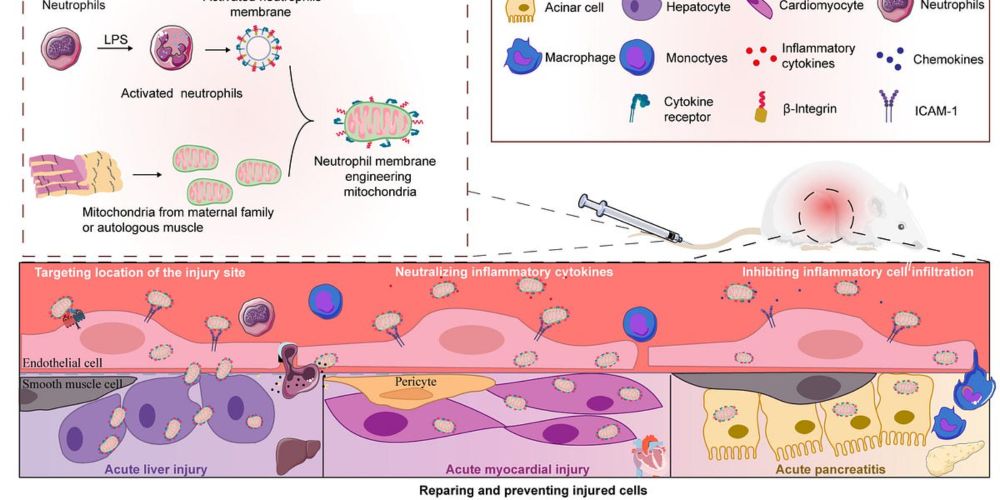
1. Western diets during pregnancy linked to ADHD & autism
2. Engineered therapeutic mitochondria may aid organ repair
3. Annual HIV prophylaxis injections show promise
🔗 Read the full HealthByte 027 newsletter here: open.substack.com/pub/byteofhe...
#Medsky
In South Sudan, HIV-positive mothers and children who lost access to lifesaving drugs have died. www.nytimes.com/interactive/...
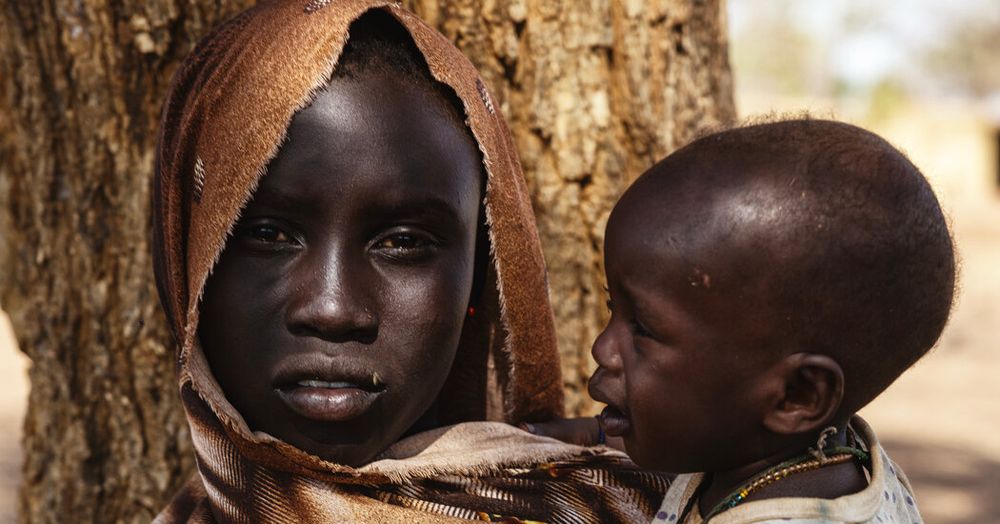
In South Sudan, HIV-positive mothers and children who lost access to lifesaving drugs have died. www.nytimes.com/interactive/...
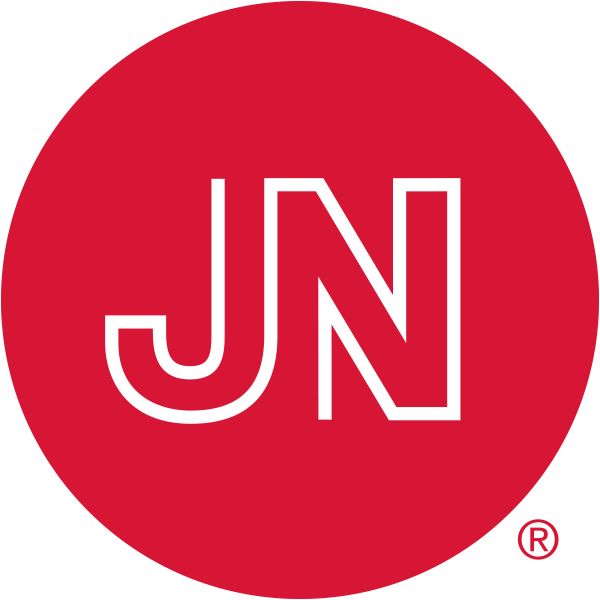
1. Preserving immune function by slowing thymus aging
2. Neurons in the hypothalamus that regulate social needs
3. Aspirin's potential role in preventing cancer metastasis
byteofhealth.substack.com/p/healthbyte...
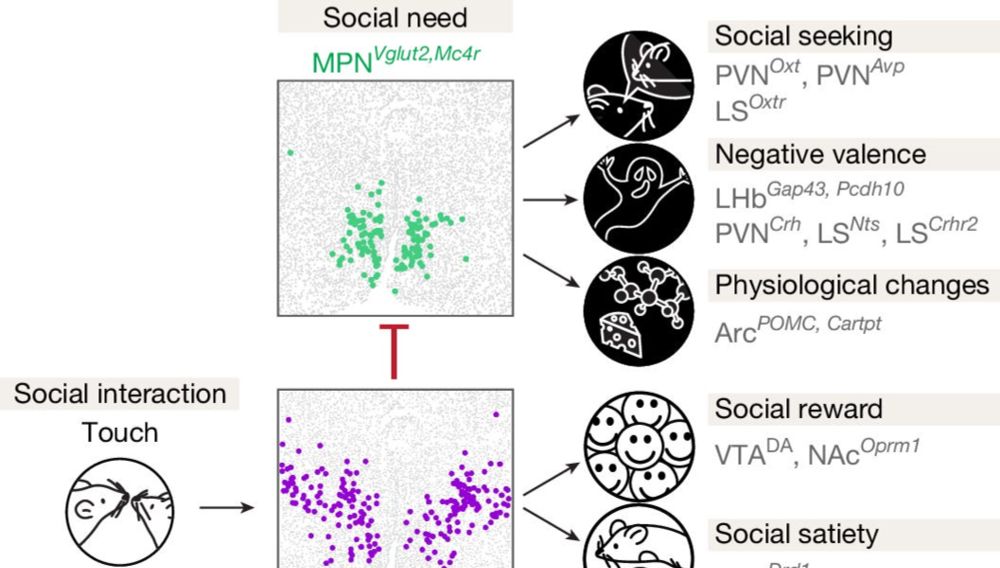
1. Preserving immune function by slowing thymus aging
2. Neurons in the hypothalamus that regulate social needs
3. Aspirin's potential role in preventing cancer metastasis
byteofhealth.substack.com/p/healthbyte...
We've got you covered in our HealthBytes newsletter!
Link to this week's edition: byteofhealth.substack.com/p/healthbyte...
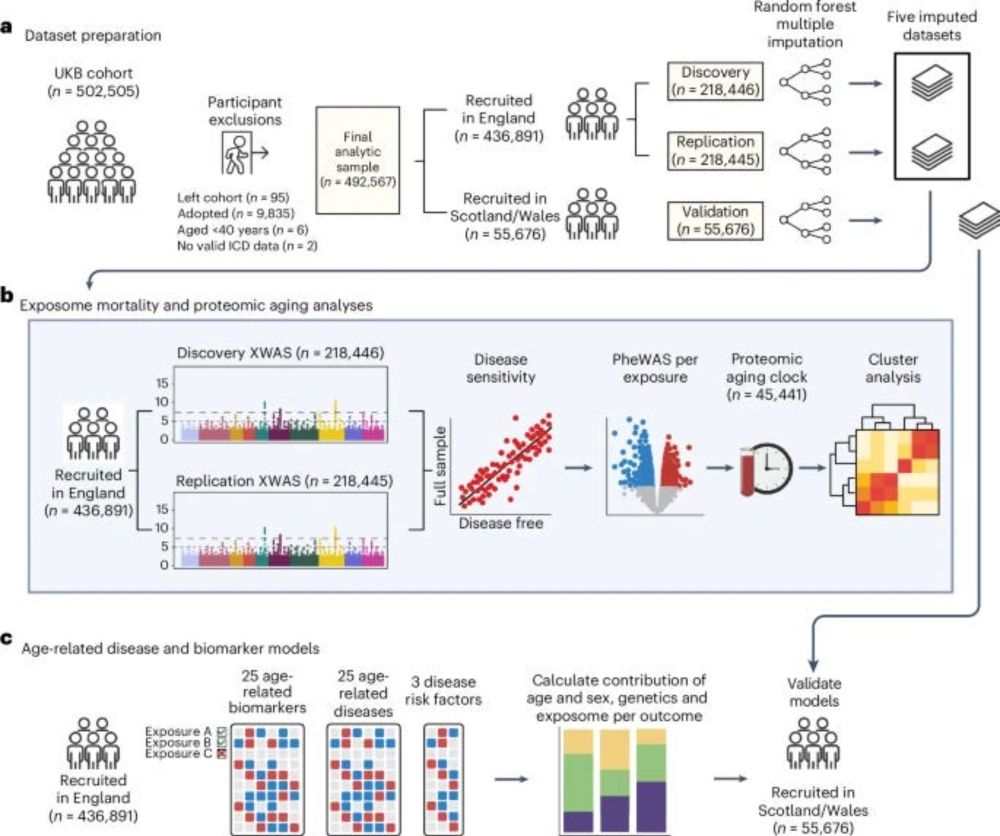
We've got you covered in our HealthBytes newsletter!
Link to this week's edition: byteofhealth.substack.com/p/healthbyte...
How #AI can play a pivotal role in future pandemic preparedness and mitigation, with caveats
nature.com/articles/s41...
a privilege to join this global collaborative effort led by Moritz Kraemer and Samir Bhatt
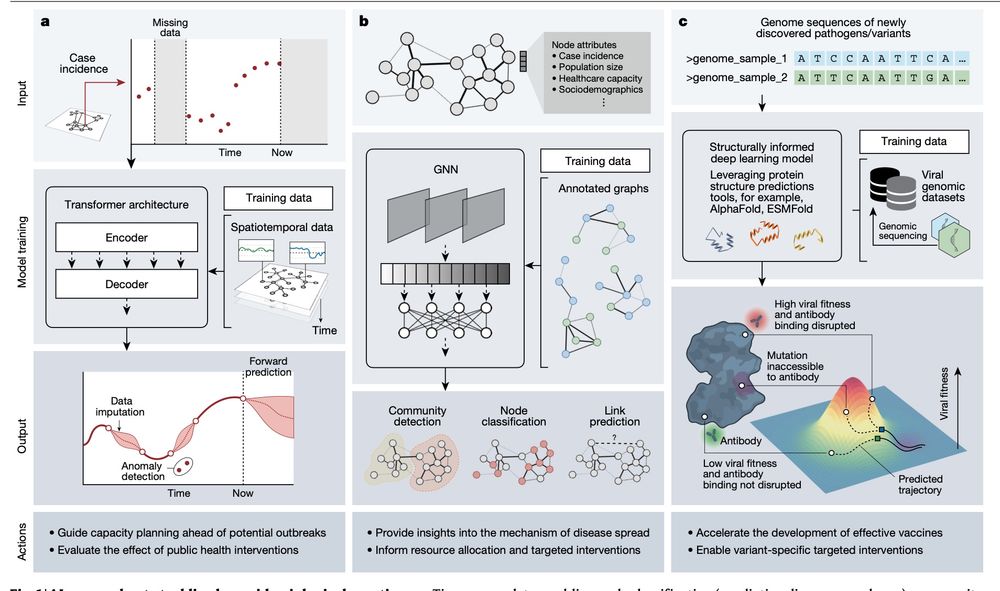
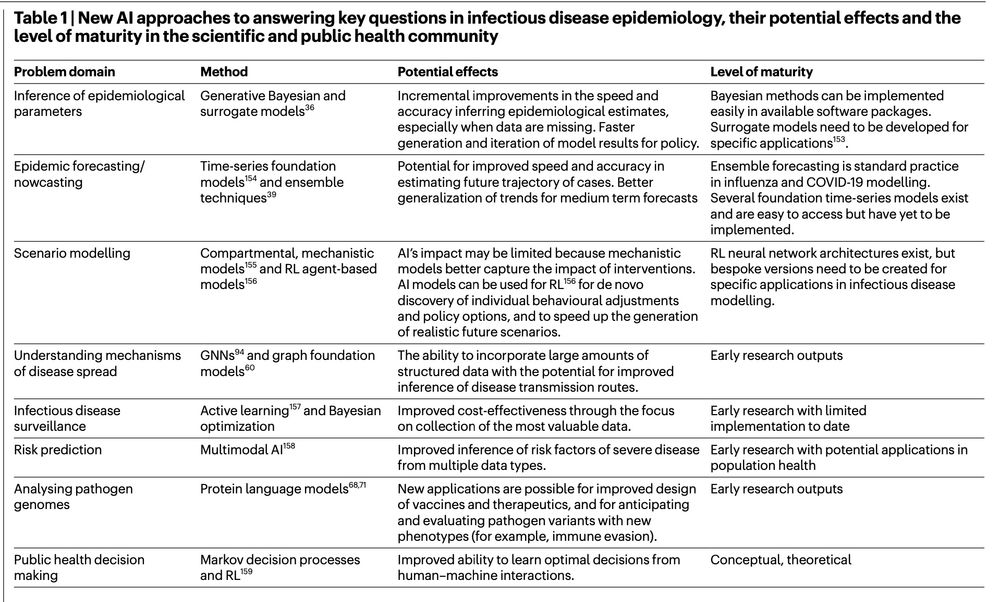
How #AI can play a pivotal role in future pandemic preparedness and mitigation, with caveats
nature.com/articles/s41...
a privilege to join this global collaborative effort led by Moritz Kraemer and Samir Bhatt
Paper free to read: rdcu.be/eaxEw
Summary here: www.ox.ac.uk/news/2025-02...
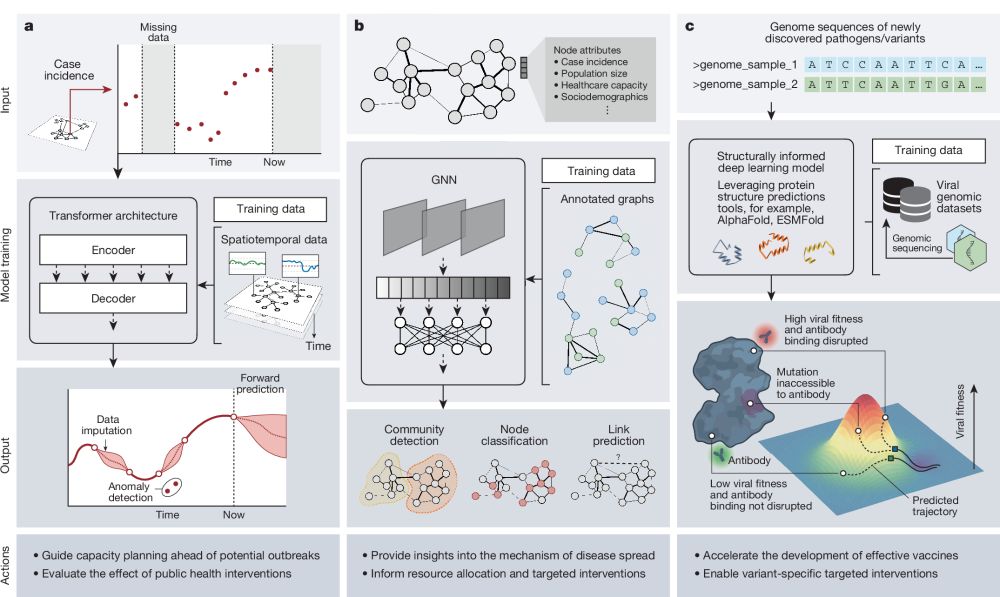
Paper free to read: rdcu.be/eaxEw
Summary here: www.ox.ac.uk/news/2025-02...
@mghafari.bsky.social & @mugkraemer.bsky.social.
"Large-scale genomic surveillance reveals immunosuppression drives mutation dynamics in persistent SARS-CoV-2 infections"
www.medrxiv.org/content/10.1...
@mghafari.bsky.social & @mugkraemer.bsky.social.
"Large-scale genomic surveillance reveals immunosuppression drives mutation dynamics in persistent SARS-CoV-2 infections"
www.medrxiv.org/content/10.1...

